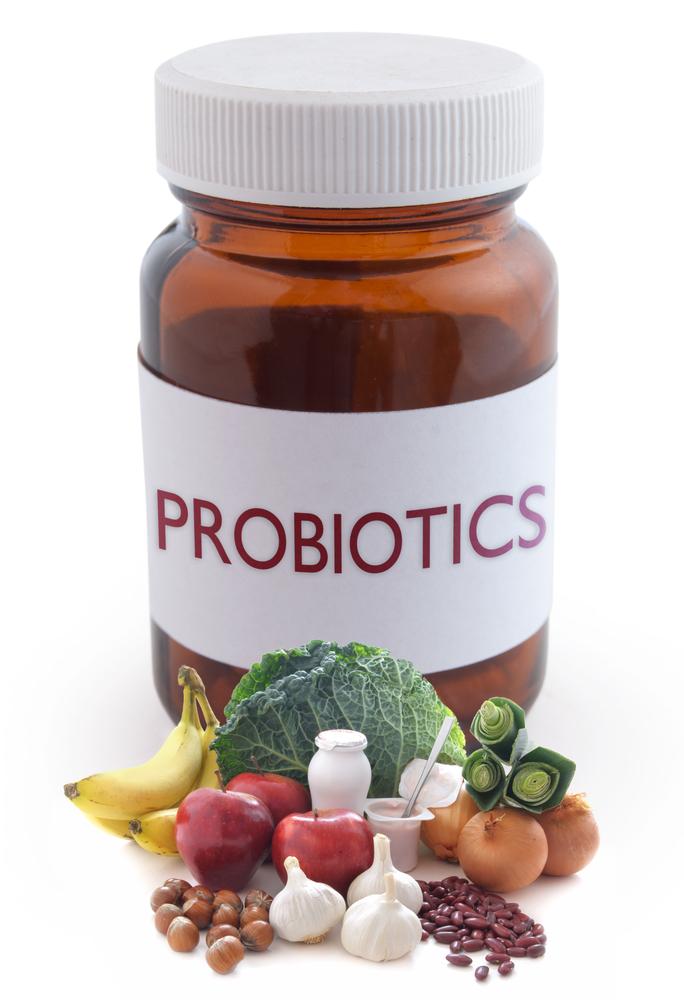Though we might have a pretty instinctive negative reaction to the idea of bacteria, there are actually some good bacteria that have amazing health benefits—though bacteria are called probiotics. Probiotics can be added to certain foods, and once in the body they multiply and help to balance out good and bad bacteria. They can replace good bacteria that you can lose—for instance when you take an antibiotic it often kills the good as well as bad, so you should take probiotics after taking antibiotics—and they can lower the amount of bad bacteria in your body.
Probiotics essentially help with digestion and assist in moving food through your system. They can help treat conditions such as irritable bowel syndrome and inflammatory bowel disease. However, some studies show that they can also help with non-digestive issues, and can treat skin conditions like eczema, can prevent allergies and colds and can improve oral health!
While probiotics can be found in foods like yogurt, kefir, sauerkraut, miso soup, pickles, kimchi and other fermented foods, you can also get foods that are enriched with probiotics (dark chocolate is good for this) or you can take supplements. Experts recommend that supplements with at least 20 billion live organisms per dose are the most beneficial, or you can also get them in powders, pills, or liquid shots. The best probiotics are also those that are chilled and must be refrigerated. It’s also most effective to take them on an empty stomach.
And probiotics aren’t just for your gut health! They’re now crossing over to being used in cosmetics products like skin creams, gels, and even makeup. Studies show that they’re effective at preventing acne, help with rosacea, and that they even have some anti-aging properties. While probiotics are popping up in cosmetics, you can take some DIY approaches and just apply plain Greek yogurt to your face a couple times a week.
So next time you’re grocery shopping keep an eye out for probiotics—your gut and your skin will thank you!






Leave A Comment